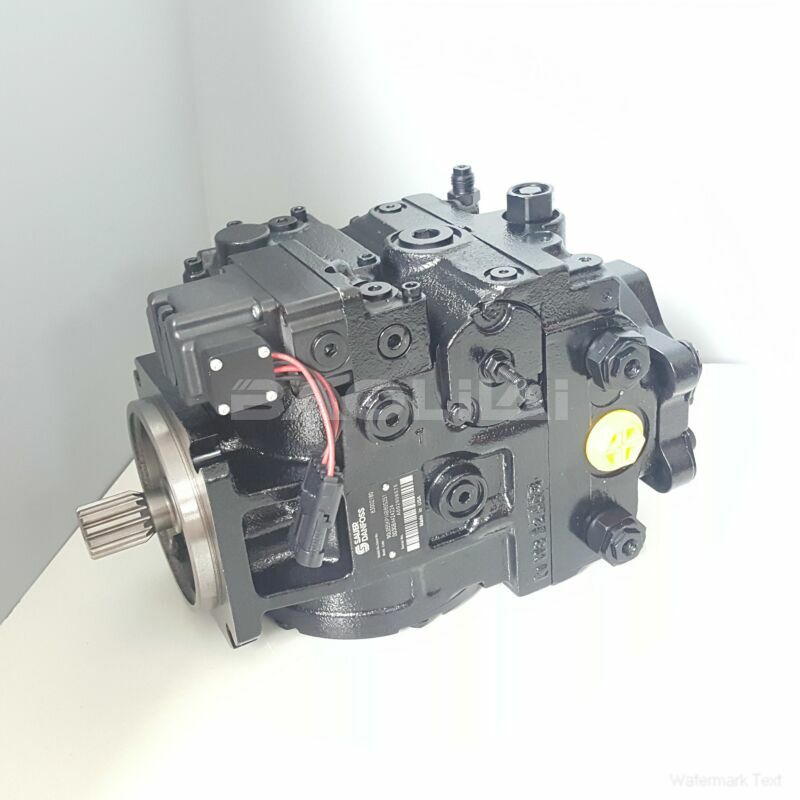90R055KP1NN80P4S1C02GBA353524 hydraulic pump
90R055KP1NN80P4S1C02GBA353524 hydraulic pump

- Product Details
- Applicable Scene
In the petrochemical industry, the effective circulation of fluids is critical for ensuring the seamless operation of complex processes that involve the extraction, refining, and distribution of petrochemical products. Central to this fluid circulation is the implementation of hydraulic pumps, which play a pivotal role in fluid power systems. This article delves into the significance of hydraulic pumps in supporting fluid circulation, providing insights into their operational principles, types, and applications in the petrochemical sector.
90-R-055-KP-1-NN-80-P-4-S1-C-02-GBA-35-35-24
90R055KP1NN80P4S1C02GBA353524
Hydraulic pumps are designed to convert mechanical energy into hydraulic energy. They function by creating a flow of fluid that can be harnessed to perform work, such as moving machinery or facilitating chemical processes. In petrochemical industries, where large volumes of viscous fluids need to be transported efficiently, hydraulic pumps become indispensable. Their ability to provide high-pressure fluid flow makes them suitable for a variety of applications, including pumping crude oil, transporting refined products, and managing waste fluids.

80006181
There are several types of hydraulic pumps commonly used in fluid systems within petrochemical industries. Gear pumps, for example, are popular due to their simple design and reliability. They utilize interlocking gears to transfer fluids, making them ideal for applications requiring continuous flow. Vane pumps, on the other hand, provide variable flow rates and are often used in situations where the viscosity of the fluid may change. Piston pumps, known for their high efficiency and ability to generate very high pressures, are deployed in scenarios demanding precise control over fluid flow in intricate processes.
The effectiveness of hydraulic pumps in fluid circulation systems can have profound implications for operational efficiency and safety. Proper fluid management is crucial in mitigating the risks of leaks, spills, and equipment failures that can result in significant financial losses and environmental harm. By ensuring that fluids are circulated effectively, hydraulic pumps contribute to reducing downtime, optimizing resource utilization, and improving overall process control.





